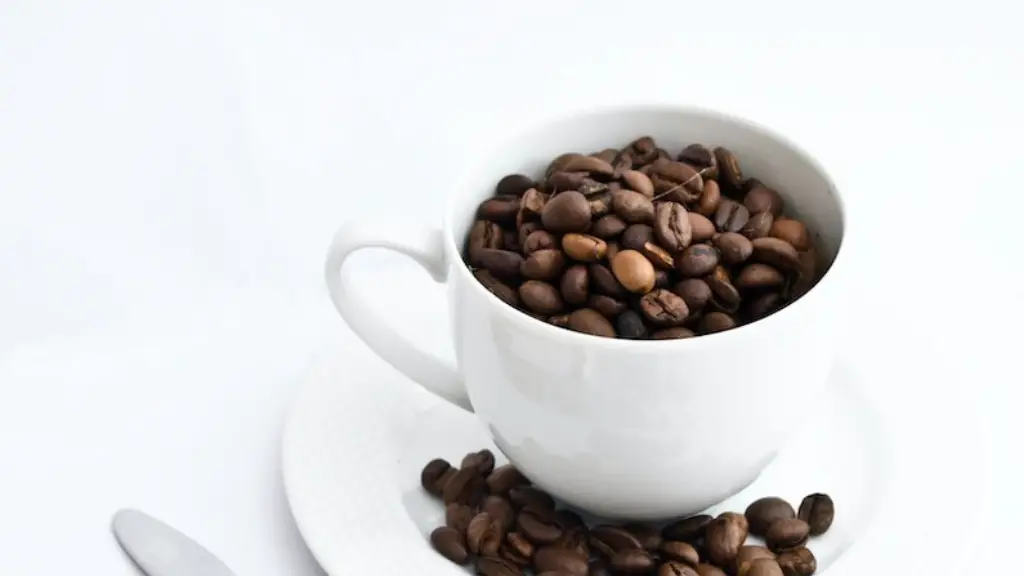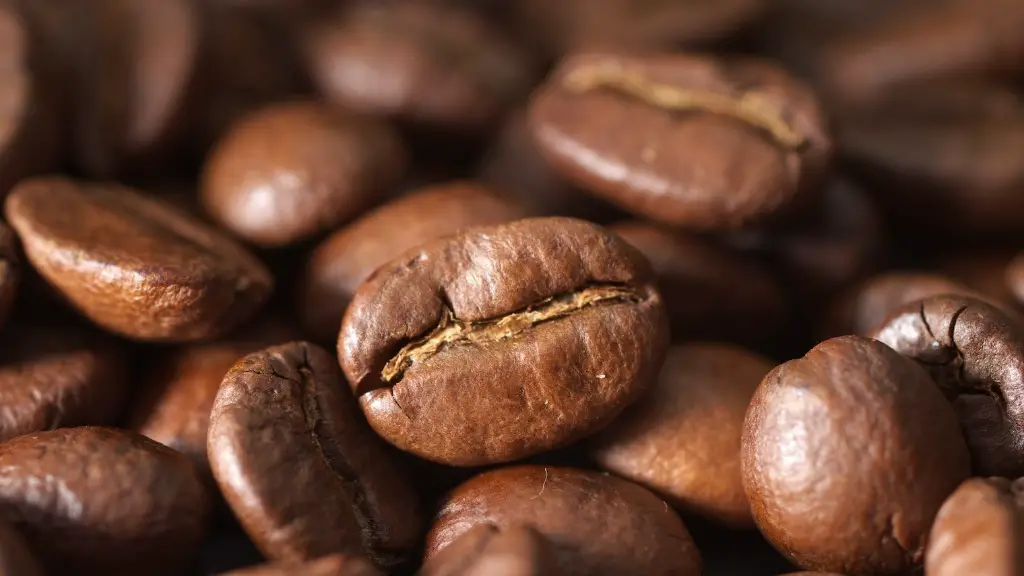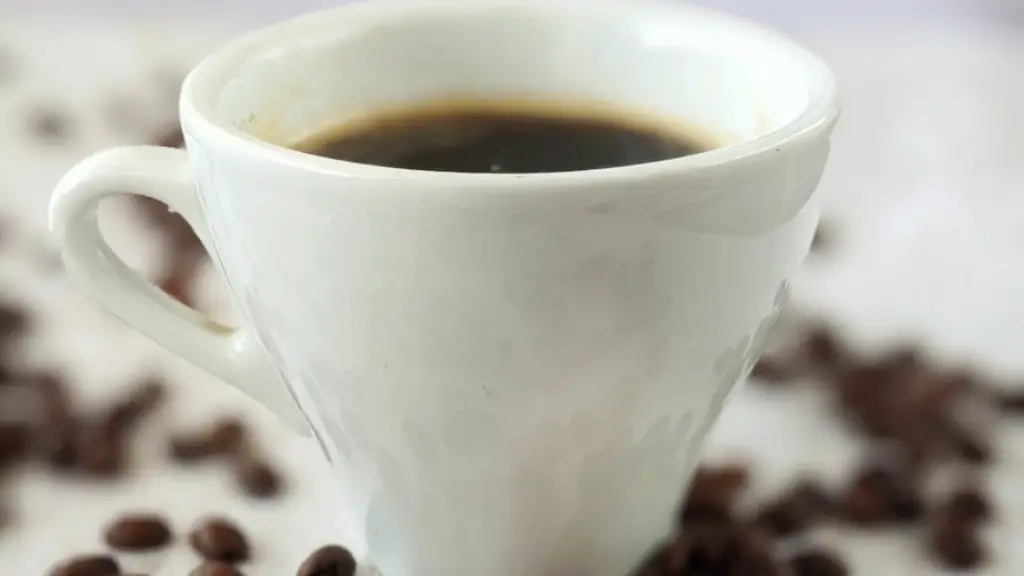Coffee is one of the world’s most beloved drinks. Ask anyone and they can tell you exactly how they like it. But when you’ve just had your tooth extracted, that leavesthe question, can I drink coffee? Many people have the same question when faced with the healing process of an extraction. The answer depends on each individual, the extraction process, and the nature of the coffee.
When it comes to drinking coffee after a tooth extraction it is important to consider the stage of the healing process. Immediately following an extraction, caution should be exercised when making any of your food or beverage choices. In the first 24 hours it is best to stick to cold or room temperature liquids like water, tea or broth.
For the first five days after the extraction, it is important to be mindful of how hot your coffee is. Regardless of how you choose to make it, let your coffee cool a bit before drinking it. This helps the healing process and minimizes any pain or discomfort you may be feeling. Hot coffee may also increase your risk of having damage to the clotting process that is necessary for healing.
As the healing process continues, it is okay to move to a slightly warmer temperature such as lukewarm coffee. For example, cold coffee can be warmed up and gently sipped throughout the day. Warm lattes and cappuccinos may also be enjoyed with some caution.
In the 5-7 day post-extraction timeframe, you can begin to incorporate your favourite black coffee. But make sure to avoid any drinks that are highly acidic. These drinks can break down the clotting that helps the healing process. Avoid anything with citrus such as orange or grapefruit juice or energy drinks.
At the 7-10 day post-extraction timeframe, many people are able to drink coffee with cream or sugar. These are generally considered safe and can be enjoyed without disruption to the healing process. Avoid any beverages that have high sugar content or added syrups.
After 10 days it’s typically safe to go back to your regular routine but take care not to forget the extraction completely. Abstaining from any beverages that are too hot or high in sugar or acidity can help with the healing and prevent issues further down the road.
Treatments
Treatment after an extraction can vary. In some cases, a doctor may prescribe antibiotics and/or pain medication. Antibiotics can help prevent infection while pain medication can be helpful in reducing swelling and discomfort. If prescribed, be sure to take any medication as directed by your doctor.
Additionally, your dentist may recommend that you apply a cold or warm compress to the area at various times of day. This can help to reduce any swelling and promote healing. In some cases, the dentist may also provide you with a mouthwash to help keep the extraction site clean and free of bacteria.
There may also be additional treatments and steps recommended by your doctor. These may vary based on the nature of your extraction and other individual factors. It is important to thoroughly follow the recommendations of your dentist to ensure proper healing.
Diet
Your diet after an extraction is an essential part of the recovery process. Foods or beverages that are too hard, such as raw fruits and vegetables, can disrupt the site and hinder healing. Additionally, sodas, energy drinks, and alcohol should be avoided since they can slow the healing process.
Soft foods that are low in sugar and carbohydrates are typically safe and recommended for the initial healing process. This may include food items such as smoothies, soup, eggs, yoghurt, or cheese. While these may not sound like the most exciting options, they can provide your body with the nutrition it needs while allowing the extraction site to heal properly.
Once the healing process has begun, more solid and flavorful foods can be re-introduced into your diet. Make sure to chew carefully and avoid any foods that could get stuck in the extraction site.
Precautions
When it comes to drinking coffee after a tooth extraction it is important to consider how you make and drink it. The key is to not exceed a lukewarm temperature. Not only is this more comfortable, it does not affect the healing process.
It is important to also be aware of coffee additives such as cream, sugar, and syrups. Pay close attention to any sugars or acids that can be found in your favorite coffee. These can hinder the healing process and prolong the recovery time.
Finally, if you are experiencing pain or discomfort it is important to speak with the dentist or doctor who performed the extraction. Aside from coffee, there are many other treatments, precautions, and foods that can help to ensure the healing process continues.
Conclusion
While many people look forward to their first cup of coffee after an extraction it is important to follow certain processes and precautions. Depending on the extraction, it is recommended that coffee should be off limits for the first five days. After this time lukewarm coffee may be consumed with care, gradually increasing the temperature and minimizing any additives.
Drinks that are too hot or contain acidic components can hinder the healing process. If more solid foods are desired, softer items that are low on the glycemic index are the best options. Ultimately, it is best to adhere to the recommendations of your doctor or dentist to ensure proper and timely healing.




